A white hole is a black hole in reverse. Instead of absorbing all matter, energy and light outside of it as a black hole does, a white hole emits matter, energy and light, and cannot be entered from the outside. Once thought to be an impossible cosmological object, Carlo Rovelli and others have brought white holes back into contention. Alon Retter reveals the mistake physicists often make about white holes, and argues white holes play a vital role in the origin of the universe.
A black hole is a star with such a strong gravitational pull that light rays cannot escape from it. Scientists believe that in a black hole the matter is concentrated in a single point with infinite density (a singularity), or that it is impossible to know what happens within a small radius around its center - beyond the event horizon. In the last decades, very strong evidence has been accumulated for the existence of black holes in binary stars and the accepted concept is that at the center of most or perhaps all galaxies, including our own, the Milky Way, there is a black hole of huge mass – several hundred million times solar mass.
___
Following the development of the theory of black holes, physicists reversed the direction of the equations and proposed the idea of white holes – astronomical objects that emit matter from the vacuum.
___
According to the law of rotational momentum conservation, black holes attract matter that spirals into them through accretion disks – flattened discs of gaseous matter rotating around a gravitational body.
Edgewise view of accretion disk around a black hole (Image credit, NASA/Jeremy Schnittman)
Following the development of the theory of black holes, physicists reversed the direction of the equations and proposed the idea of white holes – astronomical objects that emit matter from the vacuum. Black holes continuously absorb matter, and therefore scientists believed that black holes and white holes would be exact opposites.
However, if white holes regularly eject matter, in time this material accumulates around the astronomical object and its gravitational force would lead a collapse into a black hole within a fraction of a second. A number of researchers, such as Amos Ori, wrote articles with titles like The Death of White Holes. The topic was stashed inside the freezer for a long time, and there have only been a few isolated published papers on white holes since.
___
We realized that the Big Bang was a gigantic white hole that happened in an instant – it does not continue over time.
___
However, after examining the few papers on white holes, we suggested that the error in these papers that rejected the presence of white holes was the assumption that the material is continuously emitted. The Big Bang, the starting point of the universe, from which the universe emerged, is believed to have happened nearly 14 billion years ago. We realized that the Big Bang was a gigantic white hole that happened in an instant – it does not continue over time. The conclusion we reached was that a white hole is a timeless window from which material is thrown – better understood as like a birth, rather than a baby.
This article, therefore, proposes to revive the subject of white holes by arguing that white holes are not continuous in time, but rather a gate is opened, matter is thrown away, the gate is closed and that's it. In addition, we suggest identifying a certain type of Gamma Ray Bursts with the appearance of white holes.







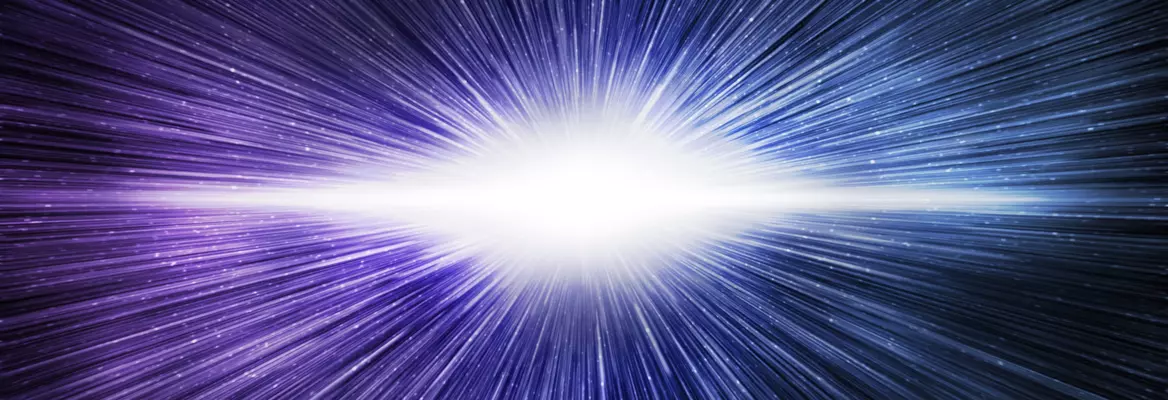


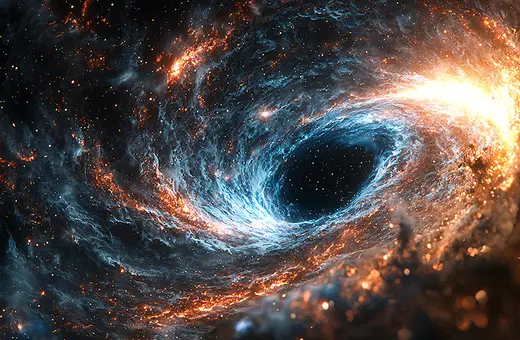
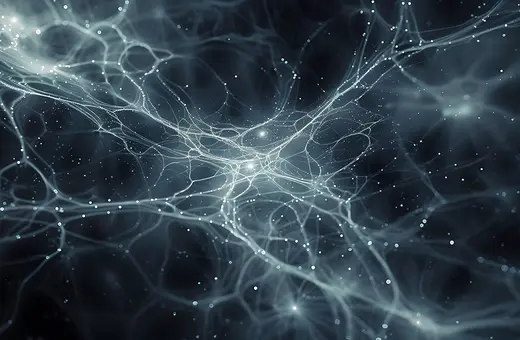
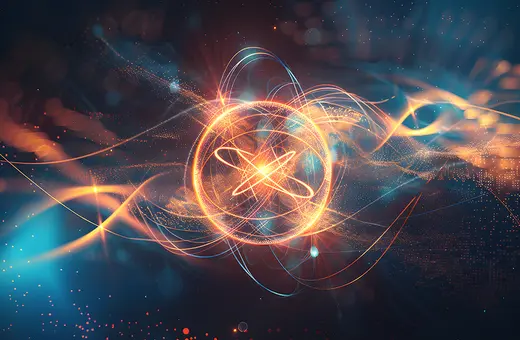

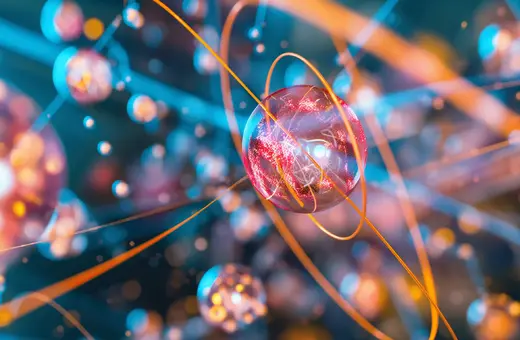
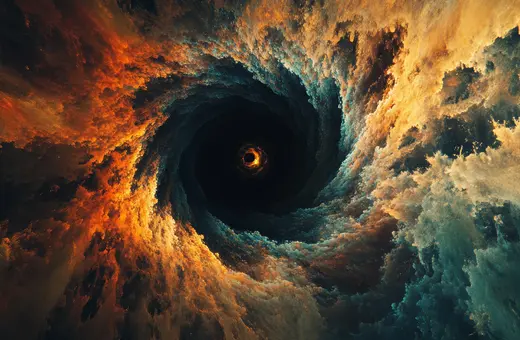

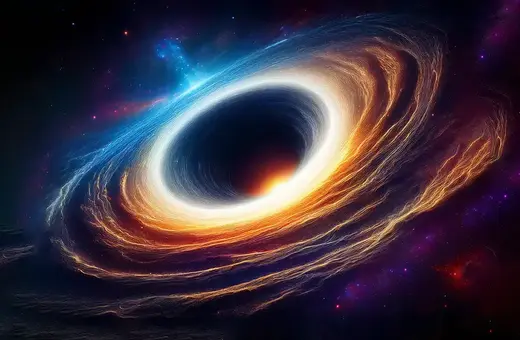



Join the conversation